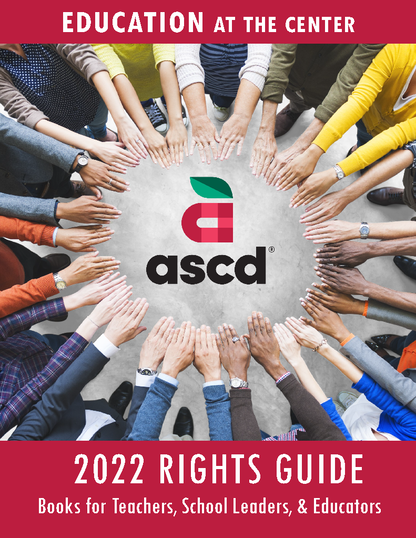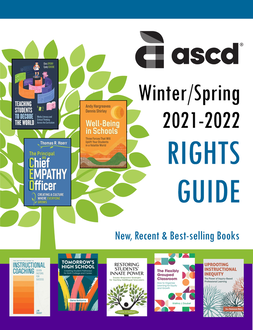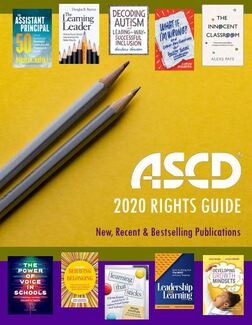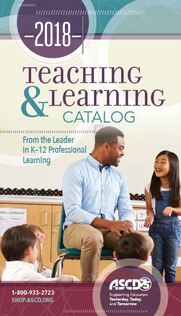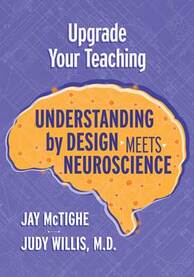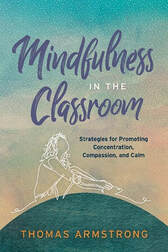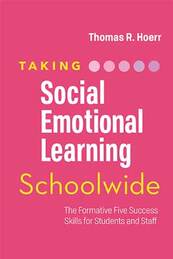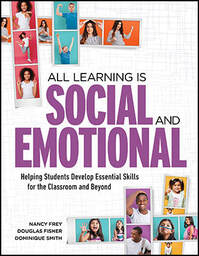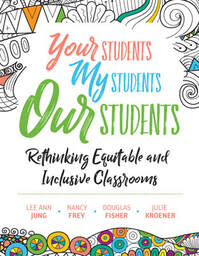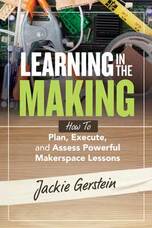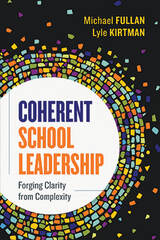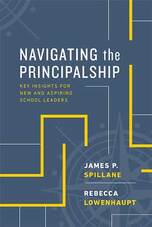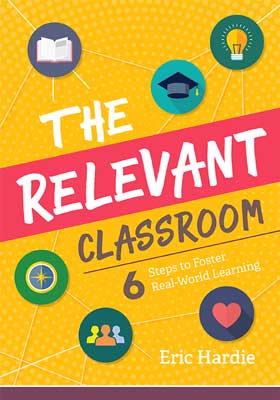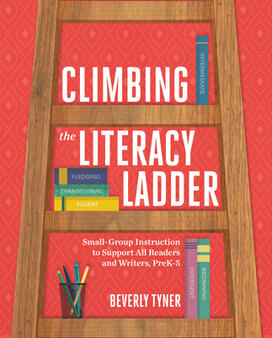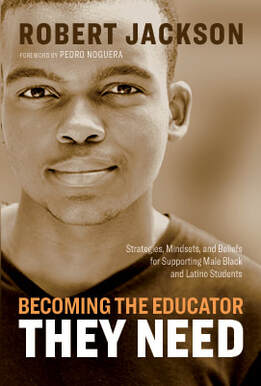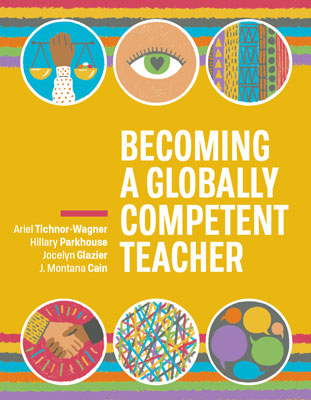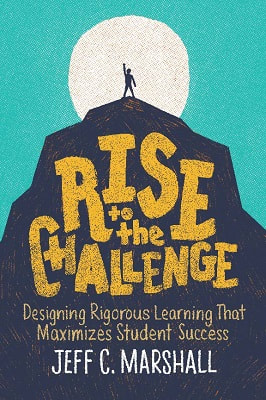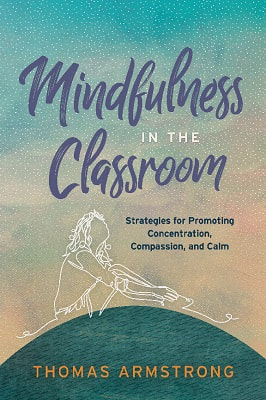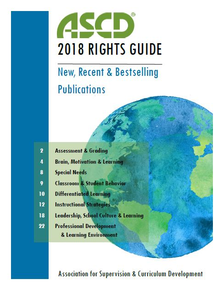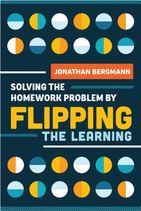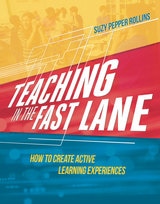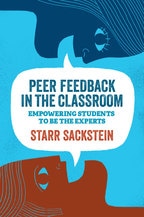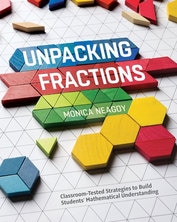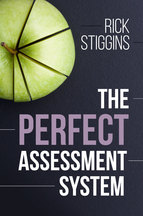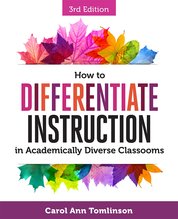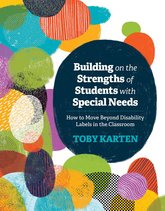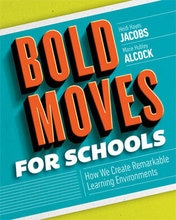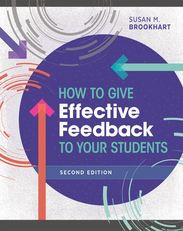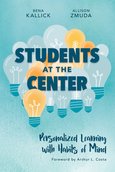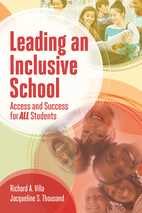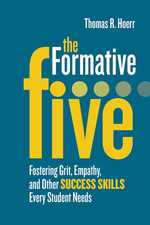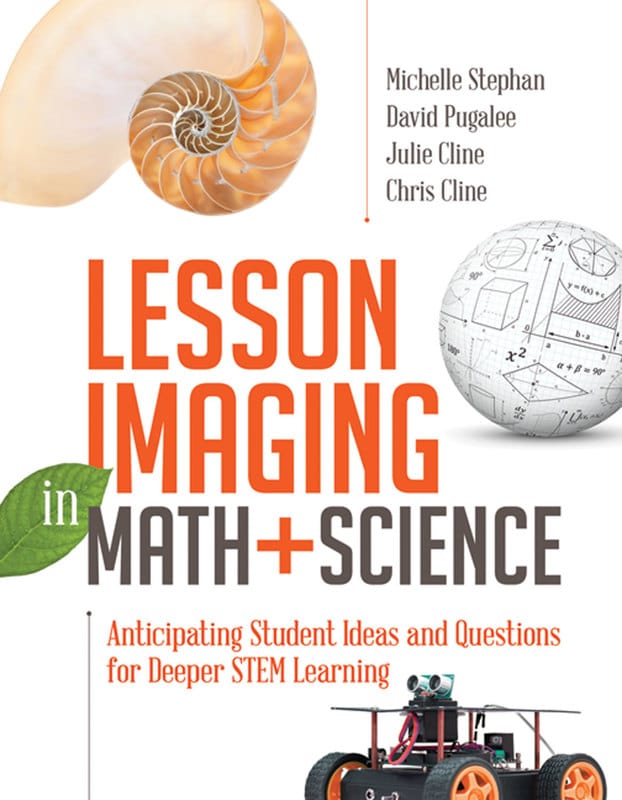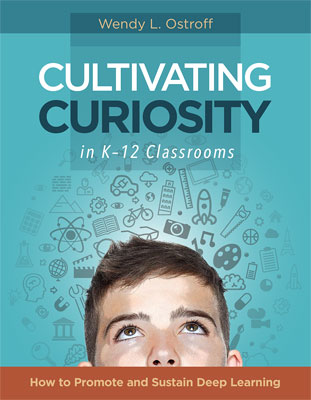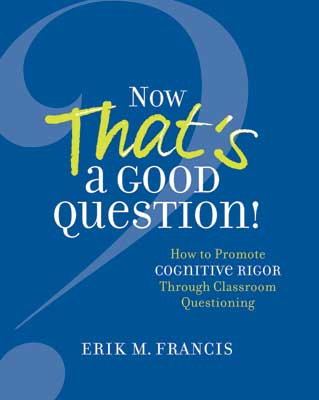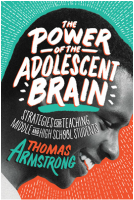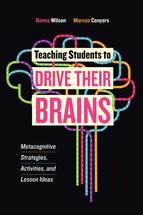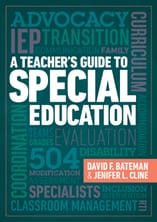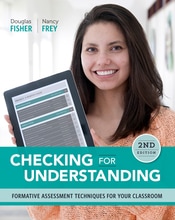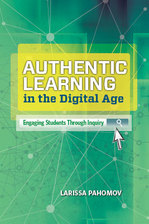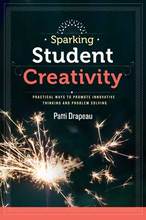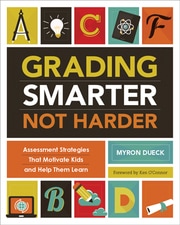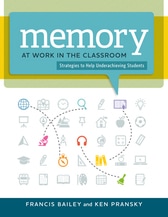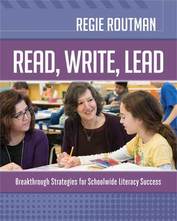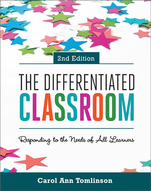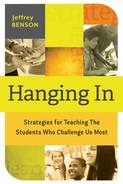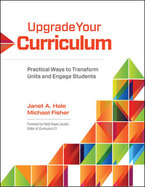Association for Supervision and Curriculum Development
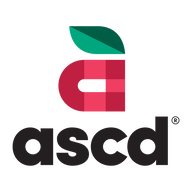
ASCD is an educational leadership organization dedicated to advancing best practices and policies for the success of each learner. They provide expert and innovative solutions in professional development, capacity building, and educational leadership essential to the way educators learn, teach, and lead.
Translation rights representation managed by RussoRights
Browse titles by subject area.
ASCD books are influential, practical resources for educators and teachers the world over. For a deeper dive into ASCD titles published in previous years, check out these book guides curated and arranged by subject and interest area.
|
Assessments provide information about what students know or are able to do, and they help teachers improve learning by uncovering students’ areas of misunderstanding or lack of understanding. To report on assessment data, grading assigns values to the results as a record of students' ability, achievement, or progress.
|
|
In education, discussions about culture and diversity involve recognizing a variety of student needs including those of ethnicity, language, socioeconomic class, disabilities, and gender. In addition, poverty and trauma impose social, cognitive, health-related, and stress-related challenges on students and affect their ability to learn. One such effort is inclusive instruction, an approach in which students with and without disabilities learn together.
|
|
Differentiated instruction is an approach to teaching in which educators actively plan for students' differences so that all students can best learn. Teachers divide their time, resources, and efforts to effectively teach students who have various backgrounds, readiness and skill levels, and interests.
|
|
Remote or distance learning requires educators to harness and implement the power of technology to transform learning. It embraces an array of technology tools that support and energize multiple forms of learning and teaching—including synchronous/asynchronous, blended, gamification, & more.
|
|
Instructional design is the systematic development of instructional specifications using learning and instructional theory to ensure the quality of instruction. It is the entire process that analyzes learning needs and goals and develops a delivery system to meet those needs. Curriculum development is the process of developing lessons, assignments, units, and projects to teach students knowledge and skills.
|
|
Brain-based learning refers to teaching methods, lesson designs, and school programs that are based on scientific research about how the brain learns—how students learn differently as they age, grow, and mature socially, emotionally, and cognitively.
|
|
Professional development refers to a wide variety of specialized training, formal education, or advanced professional learning intended to help administrators, teachers, and other educators improve their professional knowledge, competence, skill, and effectiveness.
|
|
Far more than just setting policies or procedures, school leadership is about relationships—inspiring students and teachers alike and creating the conditions for learning to take place. Classroom management refers to the wide variety of skills and techniques that teachers use to keep students organized, orderly, focused, attentive, on task, and academically productive during a class.
|
|
Social and emotional learning is the process through which children develop the skills, attitudes, and values necessary to acquire social and emotional competence, including self-awareness, control of impulsivity, working cooperatively, and caring about oneself and others.
|
|
Teaching can be defined as engagement with students to enable their understanding and application of knowledge, concepts, and processes of the topics being taught. Learning is the activity or process of gaining knowledge or skill by studying, practicing, being taught, or experiencing something. Learning is about what students do, not about what teachers do.
|
|
Millions of educators around the globe use the Understanding by Design (UbD®) framework, created by Jay McTighe and the late Grant Wiggins, to manage standards, align programs to assessments, and guide teachers in implementing a curriculum that leads to student understanding and achievement.
|
